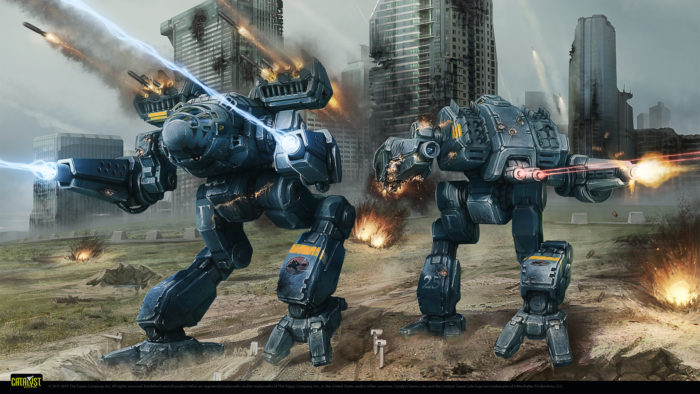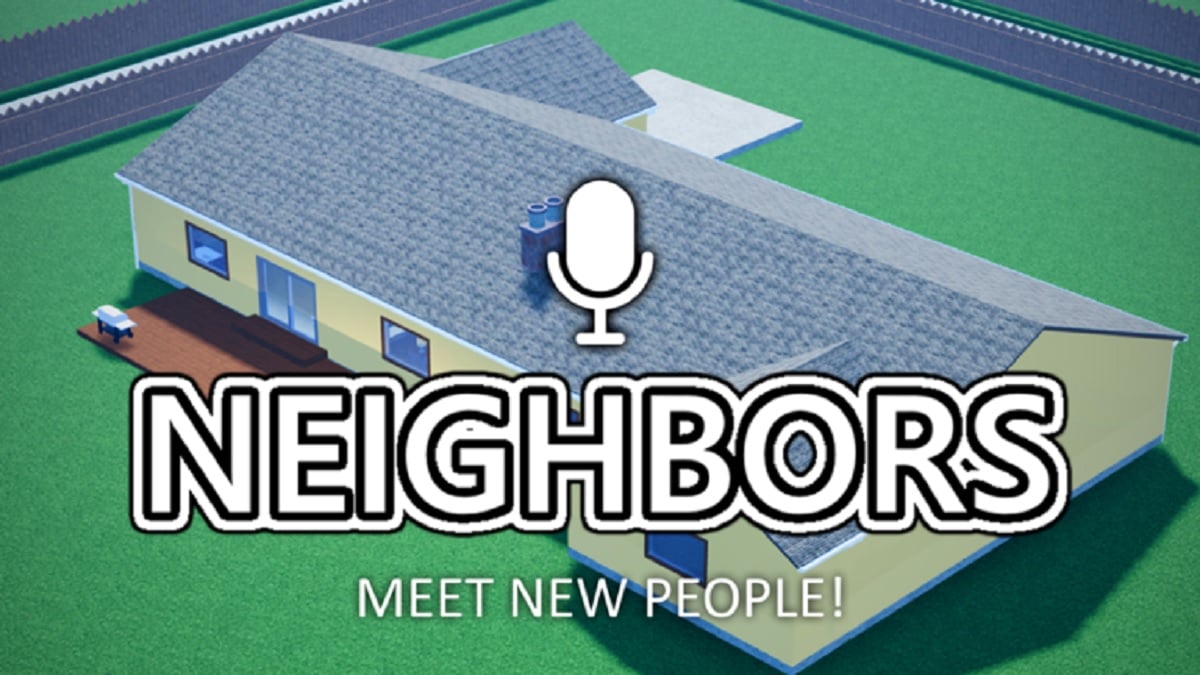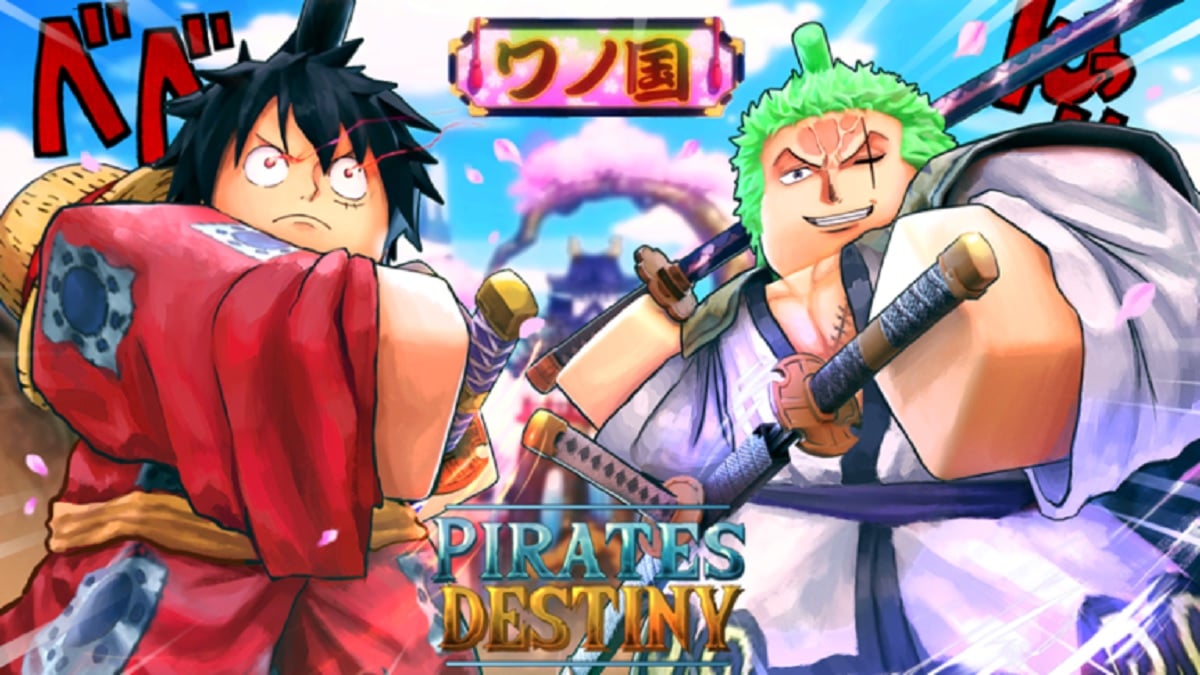BattleTech Review For PC
Strategy-RPGs hold a special place in gaming. While other genres have seen great leaps in iteration and scope over the last 20 years or so, Strategy games have remained remarkably still, a testament to their mechanical purity and hardened roots in table-top gaming. It’s this focus on traditional game design that enables strategy games to thrive, to get deeper, more complex. They’ve definitely modernised with the times, but in more subtle ways like easier UI navigation and faster pacing, with the core feeling remaining the same. BattleTech is a game deeply devoted to being a pure strategy experience, one based on a beloved table-top series. It is impressive in its depth, thrilling in its narrative, daunting in its complexities, and ultimately held back by its disregard for modern audiences.
BattleTech gets its name and universe from the popular board game now called Classic BattleTech. It’s designed as a turn-based RPG, which is a natural fit, managing to capture the slow, methodical nature of a table-top game. In it, players act as Commander, taking control of a team (or Lance) of four mechs, with a dizzying level of customization and agency available from the get-go. Thanks to a successful Kickstarter campaign, the game has a hefty amount of content, from a fully-realized campaign mode to a PvP multiplayer one.

This extra push for content is most evident in the game’s rich and compelling story. I’m struggling to think of a strategy game with this level of detail and polish in its campaign, with BattleTech setting a new standard for outright story-telling within the genre. Cutscenes are beautifully animated and wonderfully dramatic. The art direction sits somewhere between Dune and Alien, leveraging the stark contrast between intergalactic beauty and industrial grit. The story itself is an engrossing tale of political turmoil and a mercenary outfit on the run from corrupt banks and fearsome space pirates. There’s an air of the traditional pen and paper choose-your-own adventure game in the way BattleTech presents its story. Its text dumps of information are elevated to poetic asides through the use of careful description and the inclusion of cursory lore: ‘The image of an imposing structure appears on your viewscreen. It has the solid, heavy walls that you’ve come to associate with Taurian architecture”. The lore itself demands that the player reads as much information as possible to gain context. It’s by no means necessary but helps create a truly believable sci-fi world.
The story is what will likely draw players in from the start, which is fortunate, because the rest of the game seems hellbent on pushing new players away. From the get-go, you are presented with a shotgun blast of information, with very little way of contextualizing any of it. The first mission is a cakewalk in comparison to later ones, but due to the inadequate and drawn out tutorial section, it is a particularly unpleasant introduction to an otherwise very rewarding experience. This discontent for the player continues for the first few hours or so, and never truly goes away. On my first mission proper, my character was killed off by a single shot to his mech’s chest armor. At the time, I had no real idea as to why this had happened, but continued on regardless and finished the mission. Upon returning to base I was met with the news that my character, the one I had just spent time choosing an origin, appearance and personality for, was to be out-of-action for 101 days. BattleTech is full of nasty revelations like this in its first five hours or so, failing to offer a way for the player to grasp its mechanics other than by simply trying them out.
In an interview with PC Gamer back in 2015, BattleTech creator Jordan Weisman revealed that the team’s goal was to design the game in such a way that the player would be ‘focusing on the strategy, not on the mechanics’. This finished product, at least for a large proportion of its campaign, presents the complete opposite. By failing to teach mechanics to its new players, BattleTech forces them to focus only on new systems, rather than the rich strategic possibilities which serve as what is easily the game’s most compelling selling point.

It’s once you gain an understanding of the game’s core mechanics that strategy comes into play and BattleTech really starts to open up. Regardless of whether this takes too long or not, it’s where BattleTech starts to make sense, and make good on the promise of a truly tactical mech-based RPG. Every single aspect of the game is a careful dance between risk and reward. It places a monetary value on almost every decision, not directly, but in the way that replacement parts and medical costs are constantly in the back of the player’s mind. The interplay between the game’s company-management meta game and its turn-based mech action elevates what is a great strategy experience, into an excellent package as a whole. Missions barely net you enough money to cover operating costs, making every single move you make an exercise in careful strategy and passive number-crunching. Each shot you make has a success rate, every kill a bonus to the team as a whole, there’s so much to consider but somehow it all comes together.
Each game rests on a player’s ability to predict the outcome of every move they make, something which the extensive range of HUDs and displays help to cultivate. Every so often though, there’s the feeling that a move you just made played out in a way that the numbers could not have predicted. Sometimes a weapon will not strike where you meant it to, or do as much damage as you feel like it should have. There’s often an explanation as to why, but it might be too complicated for the average player to understand, or due to a single stat buff that you may have overlooked. It’s in these moments that the game starts to falter. At its best, BattleTech truly makes the player feel like they are a Commander of a fleet of ultra-powerful mechs. At its worst, it makes them feel like a fool, mindlessly firing off under-powered lasers into the chests of enemy mechs to little or no effect.

Unfortunately, failure in BattleTech is exacerbated by the game’s genuinely baffling approach to match pacing. There are multiple cinematic camera angles that play out with each and every attack by default. Turns take a tedious amount of time to complete and there’s no way to speed up gameplay. Matches often last upwards of 45 minutes, but usually only involve battling four or five enemies, especially the side-missions. Waiting for four turrets, three tanks and an enemy mech to move before you can is as dull as it sounds, made even worse by the glitchy at best camera. It’s this lethargic pace that is the game’s biggest downfall. It’s obvious that the developer intended to capture the careful strategy of the board game, but here it just falls flat. There’s a reason why most strategy games have sped up over the years, even if I do commend the team’s initial goal of replicating a more traditional experience. If you turn off all of the game’s frills, dynamic camera angles and settings, it is at least bearable, though definitely less exciting. The level of patience required to endure a match of BattleTech will definitely be enough to turn a lot of players off, which is a shame because when the game gets going, it is a very rewarding and worthwhile experience.
Success in BattleTech is rare but deeply satisfying. But taking into account just how unwelcoming the game’s first few hours are, it’s hard to recommend to new players, or those that only play modern strategy games. For those brave enough to stick it out though, there’s a rich story, a wonderful interplay between simulation and turn-based mechanics, and the exciting feeling of being the Commander of a team of battle-hardened war machines. BattleTech is obtuse, mean, stubborn, but also dynamic, deeply customizable and ambitious. Hopefully future updates make it faster and more accessible, because it’s a shame that such a great experience is hidden behind such a sturdy wall of shortcomings.
Score: 3.5/5 – Fair
Pros
| Cons
|
For more information on how we review games, check out Twinfinite’s review policy here.






Published: May 1, 2018 12:23 pm